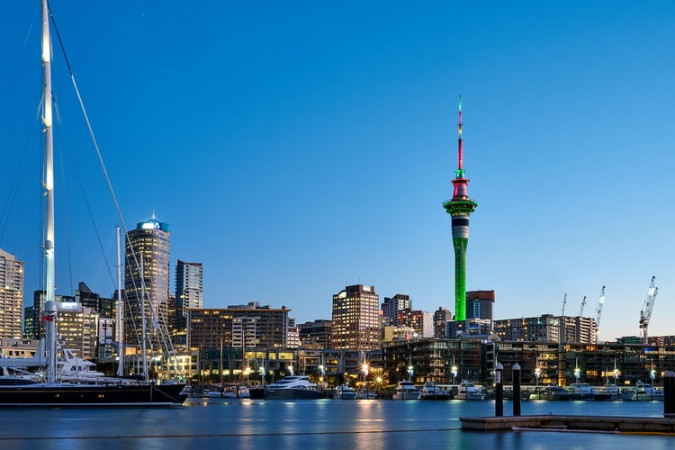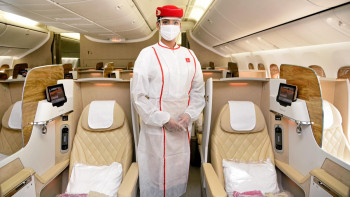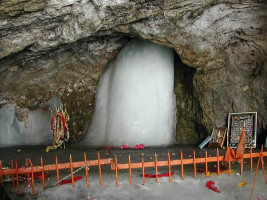
NEW ZEALAND TO KEEP ITS BORDERS CLOSED THROUGH THE END OF 2021
Source : Travel and Leisure
Date : 13th August, 2021
Date : 13th August, 2021
New Zealand doesn't plan to open its borders to international visitors until 2022, according to a cautious reopening plan outlined by Prime Minister Jacinda Ardern on Thursday.
Ardern said New Zealand won't reopen for foreign travel until after it completes its COVID-19 vaccination rollout, something that isn't expected to happen until the end of the year. When visitors are allowed to return, the country plans to follow a careful approach that may require quarantining in a military facility.
"While the pandemic continues to rage overseas, and the virus continues to change and mutate, the best thing we can do is lock in the gains achieved to date while keeping our options open," she said in a speech to the World Forum.
Fully vaccinated travelers from countries deemed low risk won't be required to quarantine under the current plan, she said. Unvaccinated travelers from high-risk countries, on the other hand, would not only need to quarantine for 14 days, but also do so in a military-run hotel.
New Zealand's strict border policies have helped it fare better than many other countries around the world during the pandemic, an achievement due in part to the closing of its borders to anyone who isn't a citizen or resident of the country early on. A travel bubble with Australia has even operated in fits and starts, a measure aimed at keeping the coronavirus — and its increasingly concerning variants — out of New Zealand as much as possible.
"Delta is a game changer in our risk calculation. It could be devastating if it took hold in New Zealand before we have high rates of vaccination," Adern said.
High, wide view down fence line of Te Haruhi Bay at Shakespear Regional Park near Auckland
The nation of about five million has reported fewer than 2,600 confirmed cases of COVID-19 and 26 deaths since the beginning of the pandemic, according to data from the World Health Organization. Still, the Associated Press notes New Zealand's vaccine rollout has been slower than its international peers.
About 29% of New Zealanders have received one dose of a COVID-19 vaccine, while an estimated 17% have been fully vaccinated, according to the AP. That second number of fully vaccinated New Zealanders will likely grow more slowly in the coming months.
On Thursday, Ardern also said New Zealand would extend the waiting period between doses of the Pfizer vaccine to six weeks from three weeks. "From a population basis, it makes sense to get as many New Zealanders at least partially vaccinated quickly," she said.
New Zealand is also promising that everyone eligible for a vaccine will have the option to book an appointment by Sept. 1.
"Ultimately, our response to COVID so far means we have more choices than many other countries as we enter the next phase, and our plan needs to take account of that and our desire not to go backwards from where we are," Adern said.


